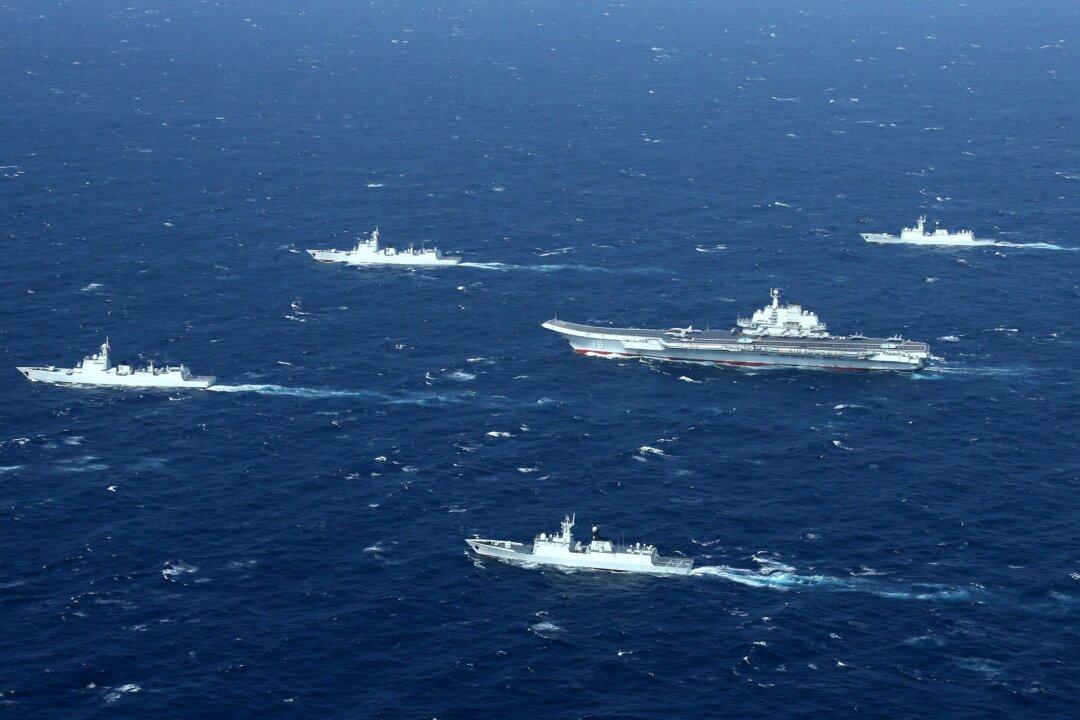Five Republican lawmakers have introduced a resolution in the United States Senate to condemn moves by China’s communist regime to militarize the South China Sea as part of a contested and roundly criticized territorial grab.
The South China Sea is a key trade corridor, carrying an estimated one-third of global shipping, according to a report (pdf) from the United Nations Conference on Trade and Development. China has claimed the vast majority of waterway as its own, seeking to solidify its claim by building up artificial islands with military installations, including airfields and missile batteries.





